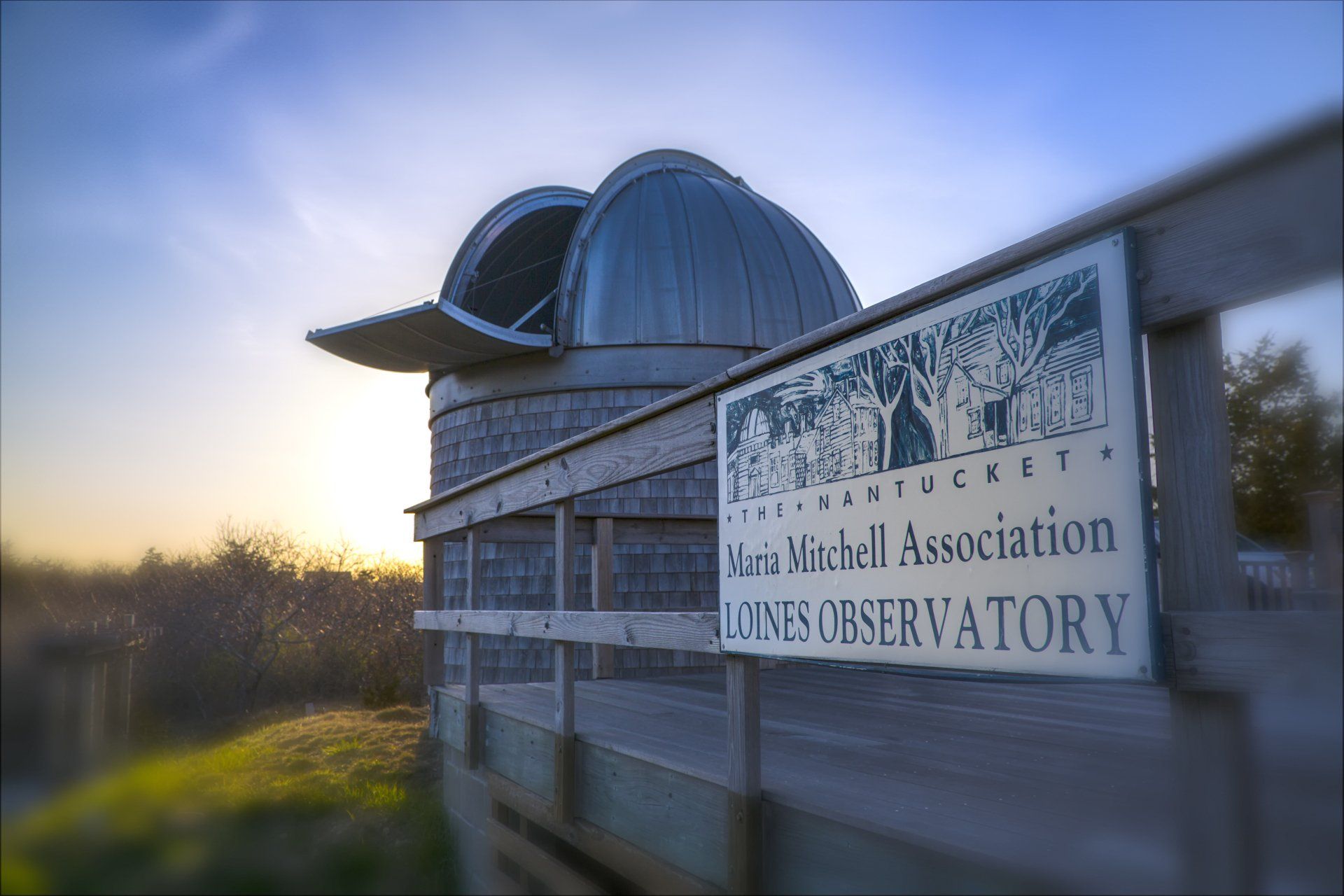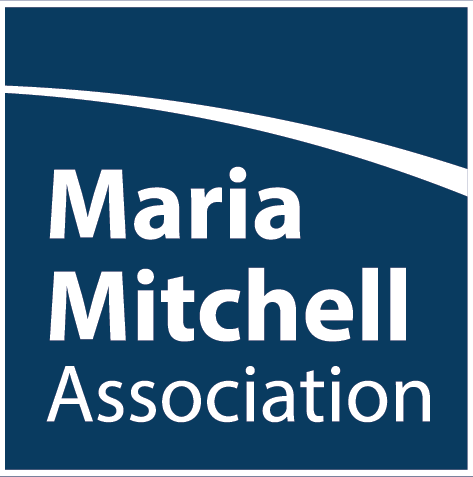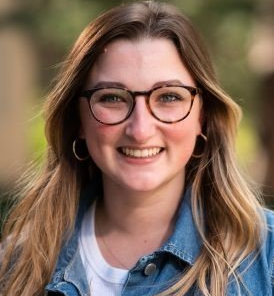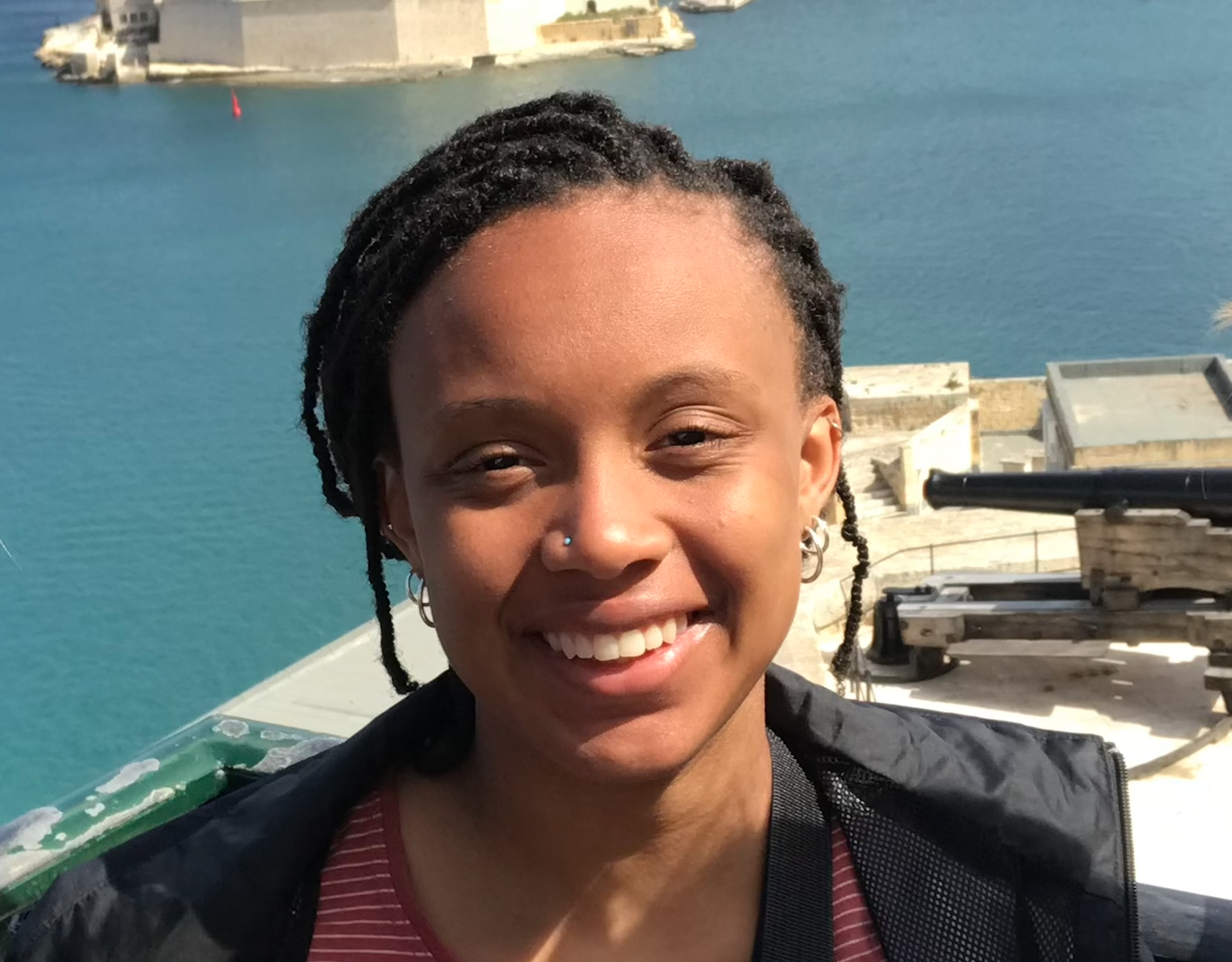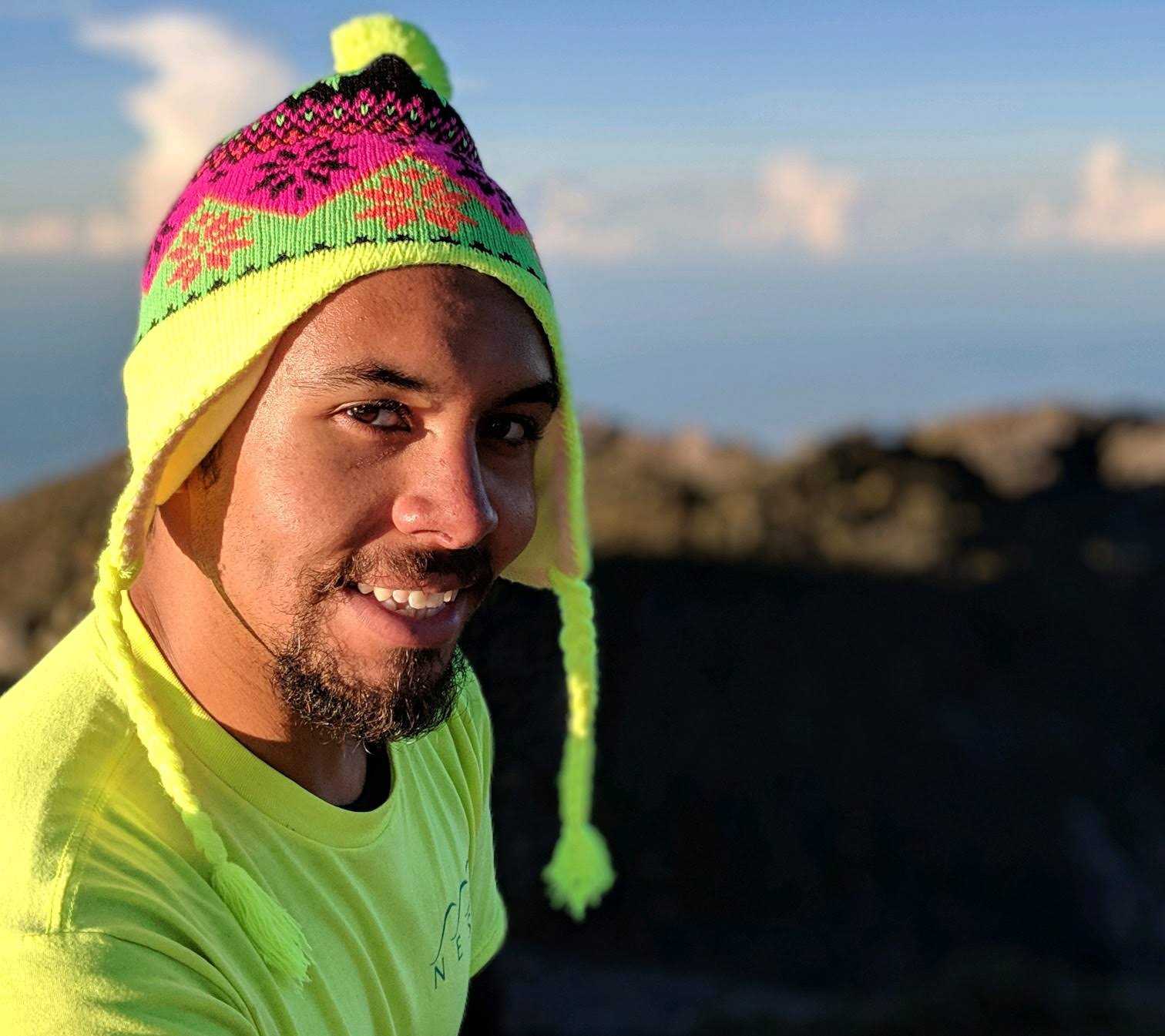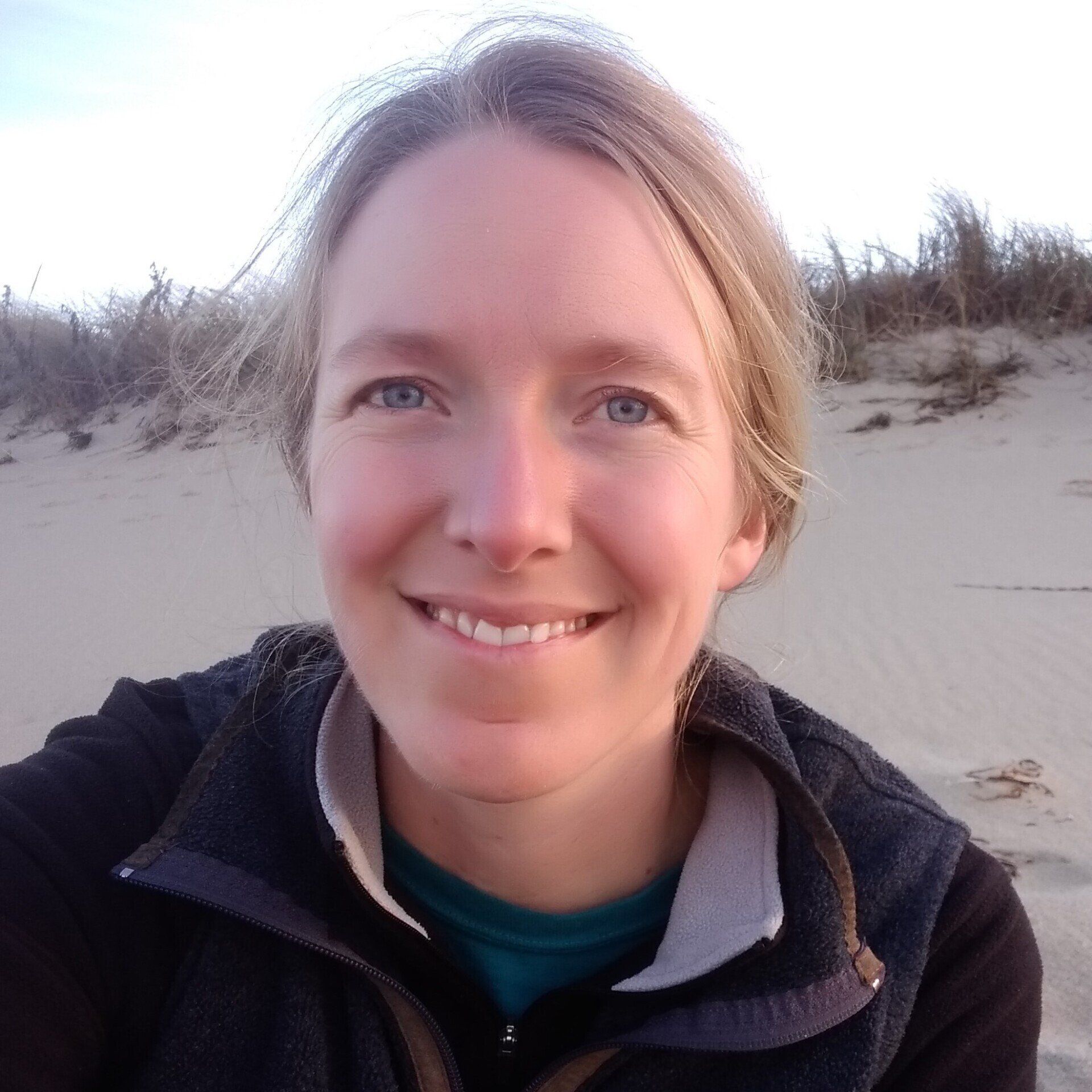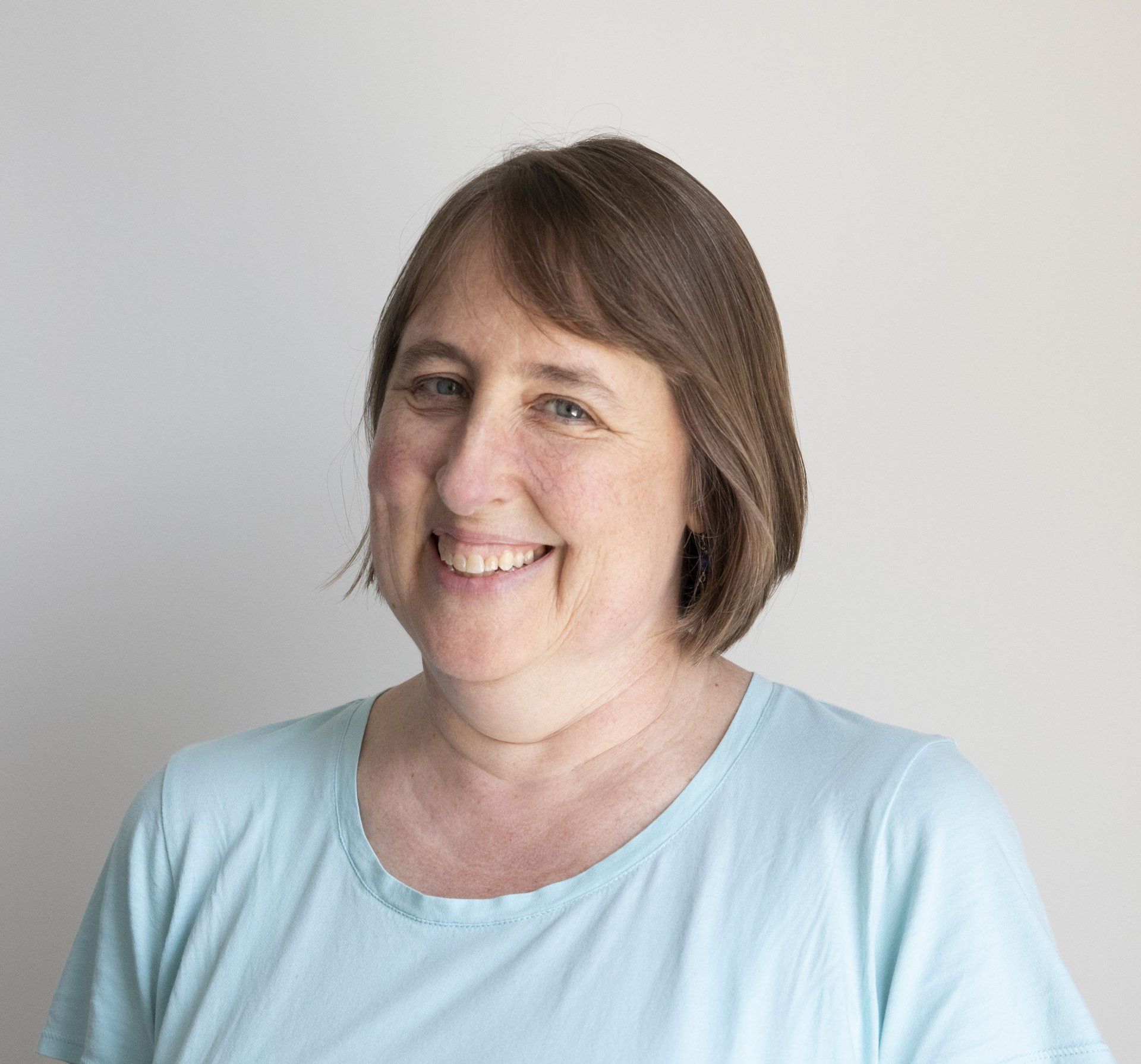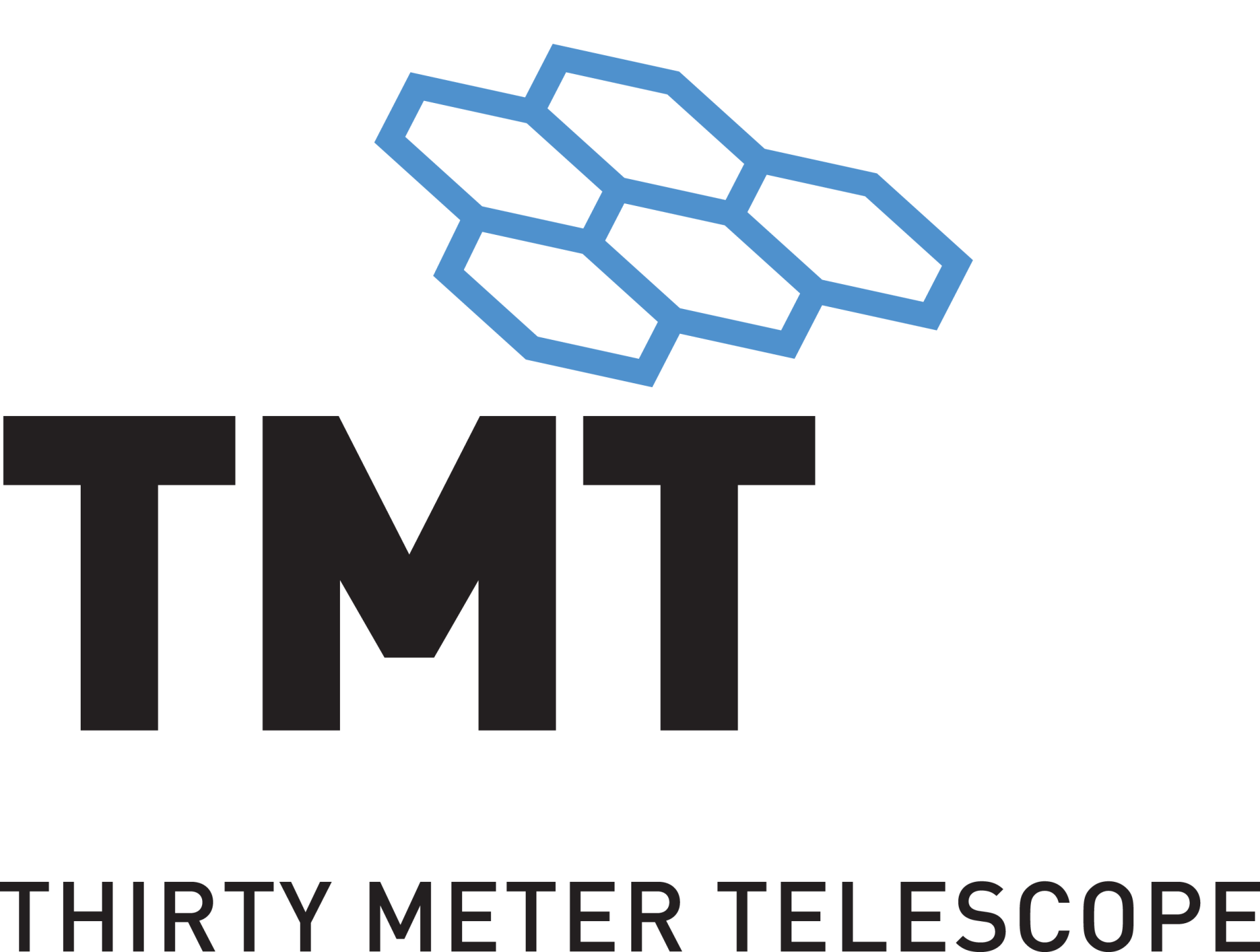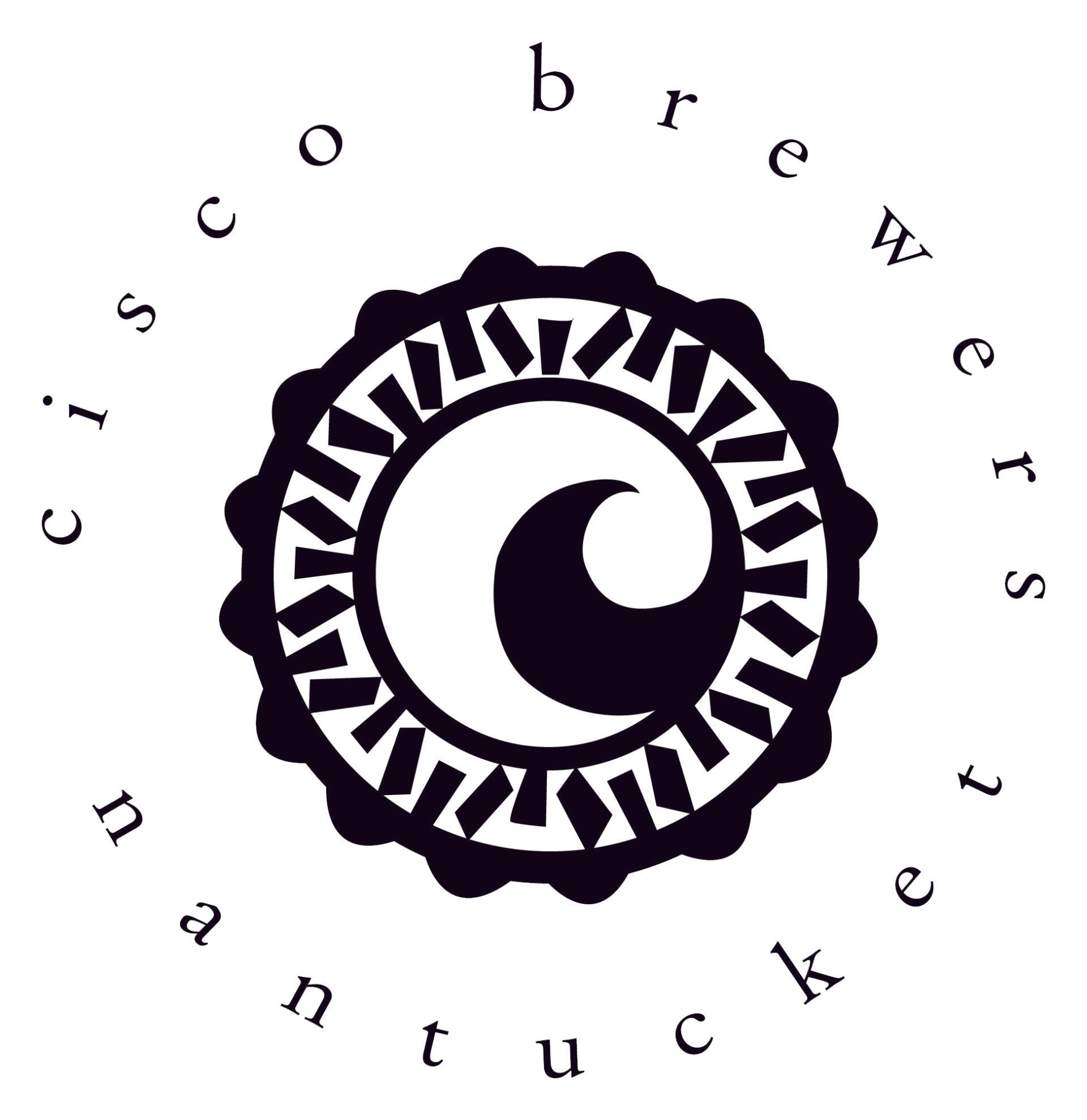2022 Winter Science Speaker Series
The Maria Mitchell Association is thrilled to host its annual Winter Science Speaker Series featuring presentations from intern alumni who join us to discuss their fascinating research and the projects they have been involved with since their time at the MMA. Topics will include astronomy, natural history collections, marine science research, and more!
Thank you to our 2022 presenters and sponsors! Enjoy the recordings of each talk on our YouTube channel.
Mystery of the Missing Metals - Finding the Origin of Metals in Galaxy Clusters
Galaxy clusters are the largest structures in the Universe ̶ collections of hundreds to thousands of galaxies all bound together by gravity. Between the galaxies there is hot gas (~70,000,000 degrees F) containing atoms, known as the hot halo. Information about the history and the evolution of these clusters is held within the hot halo. Observing this phenomena, we see a high abundance of metals, such as iron. We don't know where these metals came from. The stars within the galaxies in the cluster produce metals, but based on our understanding of stellar evolution, they would not produce the extremely high amount of metals seen in the hot halo. Here is where Blackwell tries to answer the question, “Where did the metals come from if not the stars within the galaxy cluster?”
ABOUT ANNE: Blackwell is a third year graduate student in the Astronomy & Astrophysics department at the University of Michigan. She works with Dr. Joel Bregman using X-rays to study galaxy groups and clusters; specifically, their metal content. In addition to research, Anne is part of outreach organizations such as Astronomy on Tap, FEMMES, and is a planetarium operator at the University of Michigan Natural History Museum. Recently, she developed an activity for children to learn about light pollution with the Michigan Dark Skies group which is being adopted by public libraries all over Michigan. She has been part of a panel for the Chandra X-ray Observatory with the Smithsonian Air & Space Museum, and given public talks at Astronomy on Tap, and the Michigan Warren Astronomical Society. Blackwell is a former MMA National Science Foundation Research Experiences for Undergraduates (NSF-REU) Astronomy Intern from 2018.
Using Hubble to Investigate the Mystery of Fast Radio Bursts
Fast Radio Bursts (FRBs) are mysterious pulses of radio light that we detect from space. The pulses only last for a few milliseconds ̶ some one-off and some repeating. There is much work being done to figure out the origins of these bursts. Are they proof of aliens, results of exotic stellar phenomena, or a newly detected companion to supernovae signals? The most popular theory connects FRBs to magnetars, but it seems there are other plausible possibilities for what could be causing them. We have detected hundreds of them, but only a few FRBs are associated with specific host galaxies, and this association is necessary to determine FRB origins. In this study, we use optical images from the Hubble Space Telescope to study the host galaxies of 8 FRBs. The Hubble Space Telescope allows us to take a detailed look at the overall galaxy properties as well as the FRB’s local environment, so that we can better understand the objects responsible for this newly discovered astronomical phenomenon.
ABOUT ALEXANDRA: Alexandra Mannings is a 3rd year PhD student at the University of California, Santa Cruz. She has spent the last three years studying Fast Radio Bursts and their host galaxies, which combines two of her favorite subjects ̶ galaxy formation and evolution and transient studies! Originally from Georgia, Alexandra attended The University of Alabama as an undergraduate where she discovered her love for astronomical research. She was an NSF-REU Intern at the Maria Mitchell Association in 2018.
Your National Marine Sanctuaries
2022 marks 50 years of the Office of National Marine Sanctuaries. In this talk, Mark will discuss what national marine sanctuaries are and how they come to be. Losavio will showcase a few specific sites, and explain how the Office of National Marine Sanctuaries plans on celebrating the 50th anniversary of the sanctuary system.
ABOUT MARK: Losavio represents the Monitor National Marine Sanctuary, the nation's first in a series of fifteen National Marine Sanctuaries and Monuments managed by the National Oceanic and Atmospheric Administration. As the Media and Outreach Coordinator, Losavio works to share the science, stories, and relevance of the sanctuaries with a national audience. Hailing from Kentucky, Losavio holds a bachelor's degree in marine science from the University of South Carolina and a master's degree in marine biology from Northeastern University. His master's thesis involved the analysis of effective outreach methods across generations in southeastern China, focusing on the effectiveness of virtual reality-based lesson programming. Mark began his career as a Maria Mitchell Association Aquarium intern.
Increasing Scientific Capacity Through Workshopping: Delivering Educational Material to International Participants
Learning how to visualize and understand genetic data is a valuable skill for scientists, especially as access to sequencing data expands. This talk will discuss the importance of delivering bioinformatics workshops to participants in Madagascar and will review methods that can be utilized to deliver educational material to international participants."
ABOUT EMMY: Emily Gagne is a third-year Ph.D. student studying Ecology at Pennsylvania State University. She is broadly interested in both evolutionary biology and biology education research at the college level. While receiving her B.S. degree in Biology from the University of Maine, she was a natural science intern at the Maria Mitchell Association. She is very passionate about science outreach, and she hopes to pursue a job as a full-time instructor or science educator after she graduates with her Ph.D..
Exploring the Natural History Collections at the MMA
Natural History Collections, acquired and stored over decades or even centuries, hold a record of what existed where, when—and they hold the key to understanding other things as well—from the evolutionary relationships among species to the diets of hard-to observe animals. This talk will discuss the importance and use of specimens, explore the history of the biological collections at the MMA, and dive into how some kinds of specimens are prepared. We’ll virtually tour the collections held at Maria Mitchell’s Research Center, checking in on cabinets of birds, insects, spiders, marine invertebrates, fishes, mammals, and plants, and showcasing some of our most interesting specimens and the stories of how they came to us or how they are being used. Finally, Julia will explain how to access the MMA’s specimen data online.
ABOUT JULIA: Julia Blyth is the Natural Science Collections Manager at the Maria Mitchell Association. She has been working in museums since 2007, getting her start as a student curator at the Ohio Wesleyan University Zoology Museum as an undergraduate. In addition to maintaining the MMA’s biological collections, she currently files mosses and lichens for the New England Botanical Society in the Farlow Herbarium at Harvard University. She lives in western Massachusetts, where she also works for a permaculture firm promoting native and edible perennial. She grows a large garden, manages the local Tool Lending Library, chairs the Northfield Open Space Committee, and serves on the Franklin Regional Council of Governments. Julia was a Natural Science Intern at the Maria Mitchell Association in 2010 and 2011, returning in 2012 as a manager within the department.
Sky Gazing: A Guide to Enjoying Astronomy with Children
Communicating science to children is about more than using small words, short sentences, and cute pictures. It’s also important to be developmentally appropriate, engaging, and relatable. In this talk, Meg will take you through her circuitous journey from college instructor to author, with practical advice for anyone who wants to communicate complex topics to children, whether in person or through writing. She’ll also read from her book, Sky Gazing. She’ll provide plenty of advice about observing the sky with kids, the best first telescope (hint: it's a pair of binoculars), and what's coming up in the late spring sky.
ABOUT MEG: Meg Lysaght Thacher was a Maria Mitchell Association Astronomy Intern in the summer of 1986, when students added to the observatory plate collection and studied variable stars. Her very first publication came out of the internship: “Updated elements for IY Cygni,” in the winter 1986 Journal of the American Association of Variable Star Observers (AAVSO). After graduating from Carleton College, she went on to use her photographic plate skills as an intern at the AAVSO, then got a master’s degree from Iowa State University. She is currently the senior laboratory instructor for Smith College’s astronomy department, the academic director for Smith’s Summer Science & Engineering Program, and a children’s writer. She has written 30 articles for kids’ nonfiction magazines and three books. Her book Sky Gazing: a guide to the Moon, Sun, planets, stars, eclipses, constellations received a starred review in School Library Journal and is the winner of a Nautilus Silver Award and the 2022 AAAS/Subaru prize for excellence in children’s science books (hands-on category).
Thank You to Our Sponsors!
The Science Speaker Series is made possible with thanks to the generosity of our sponsors. For information on sponsorship, please visit our sponsorship page, or contact MMA Director of Advancement, Logan Gomes.
